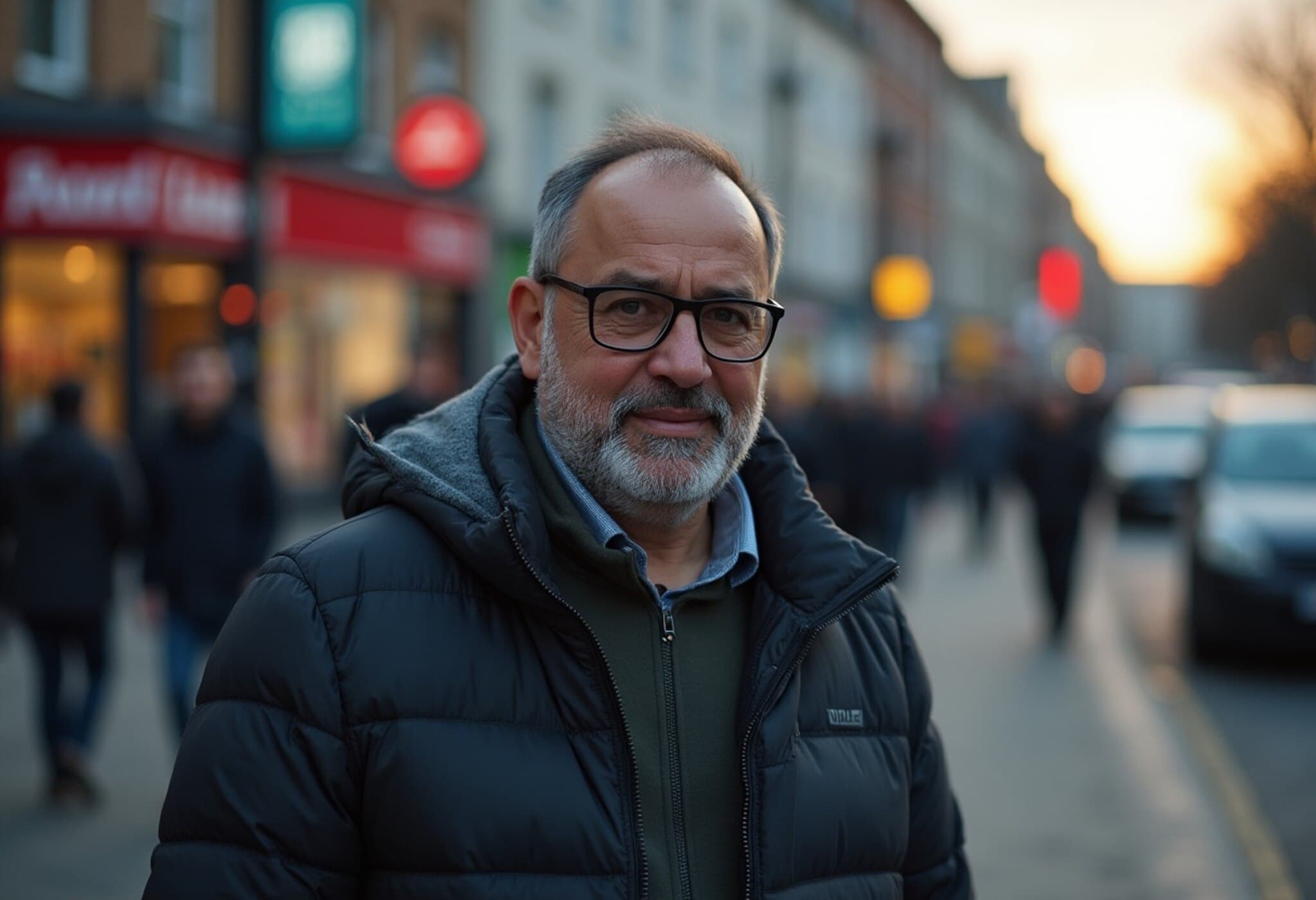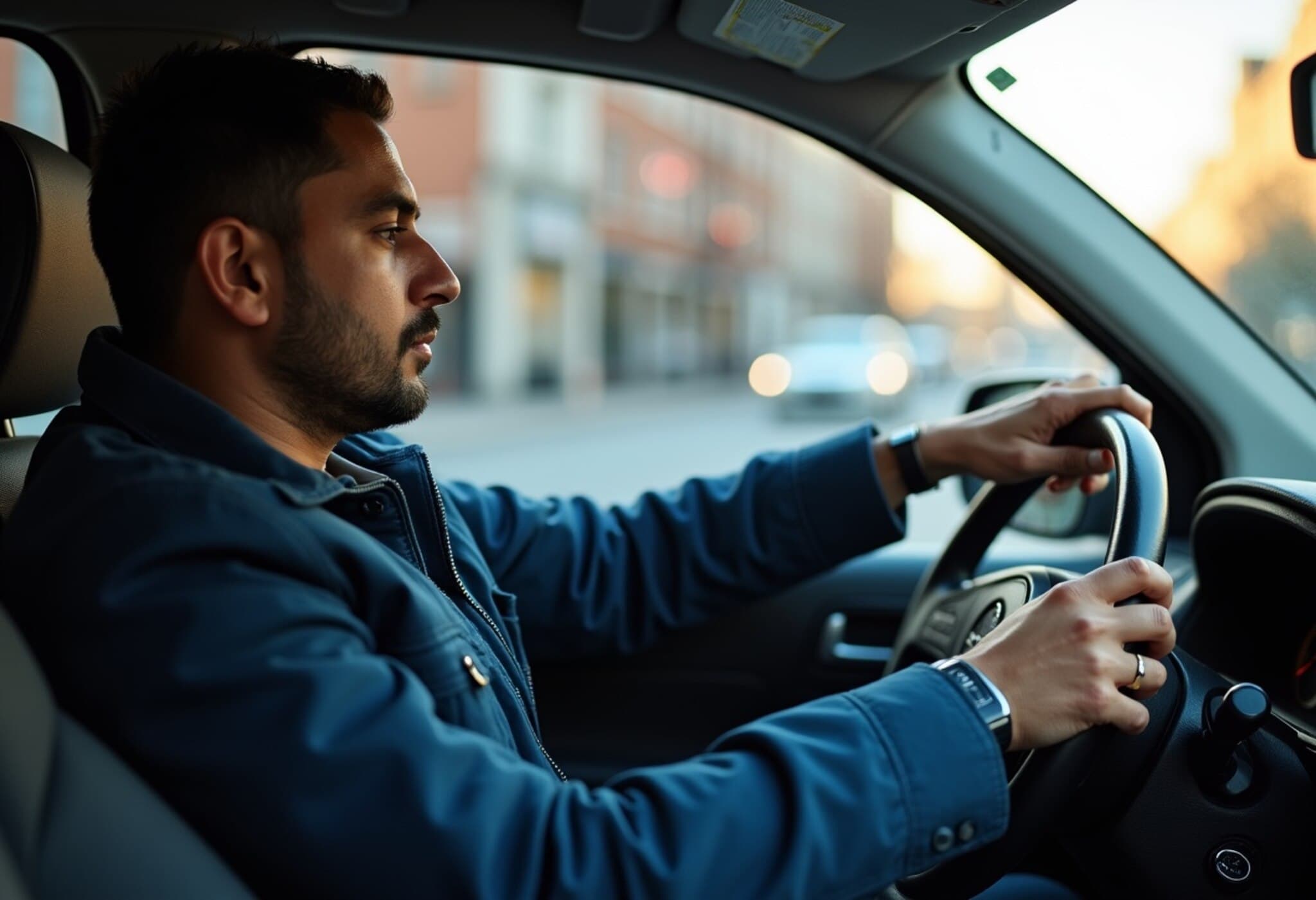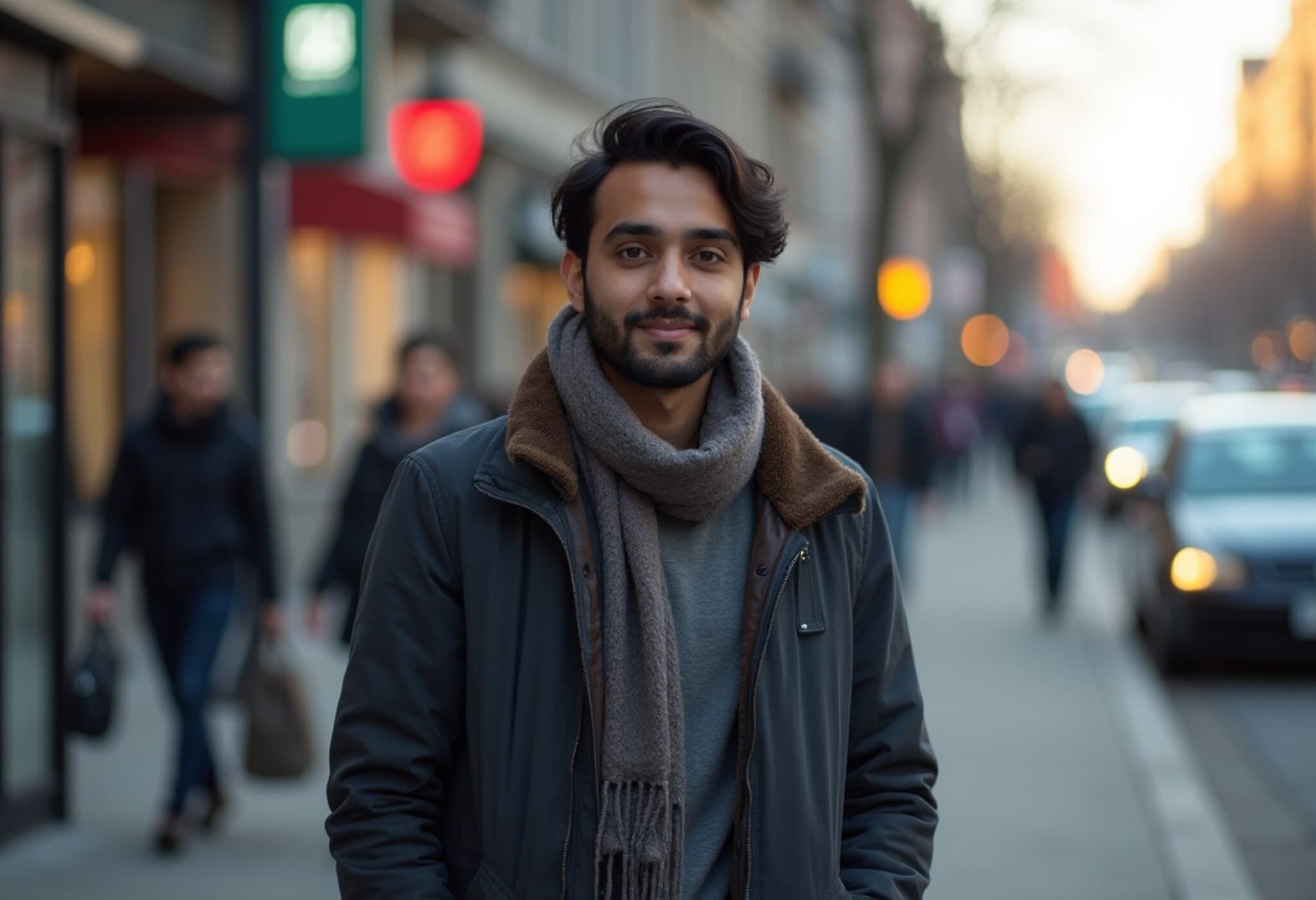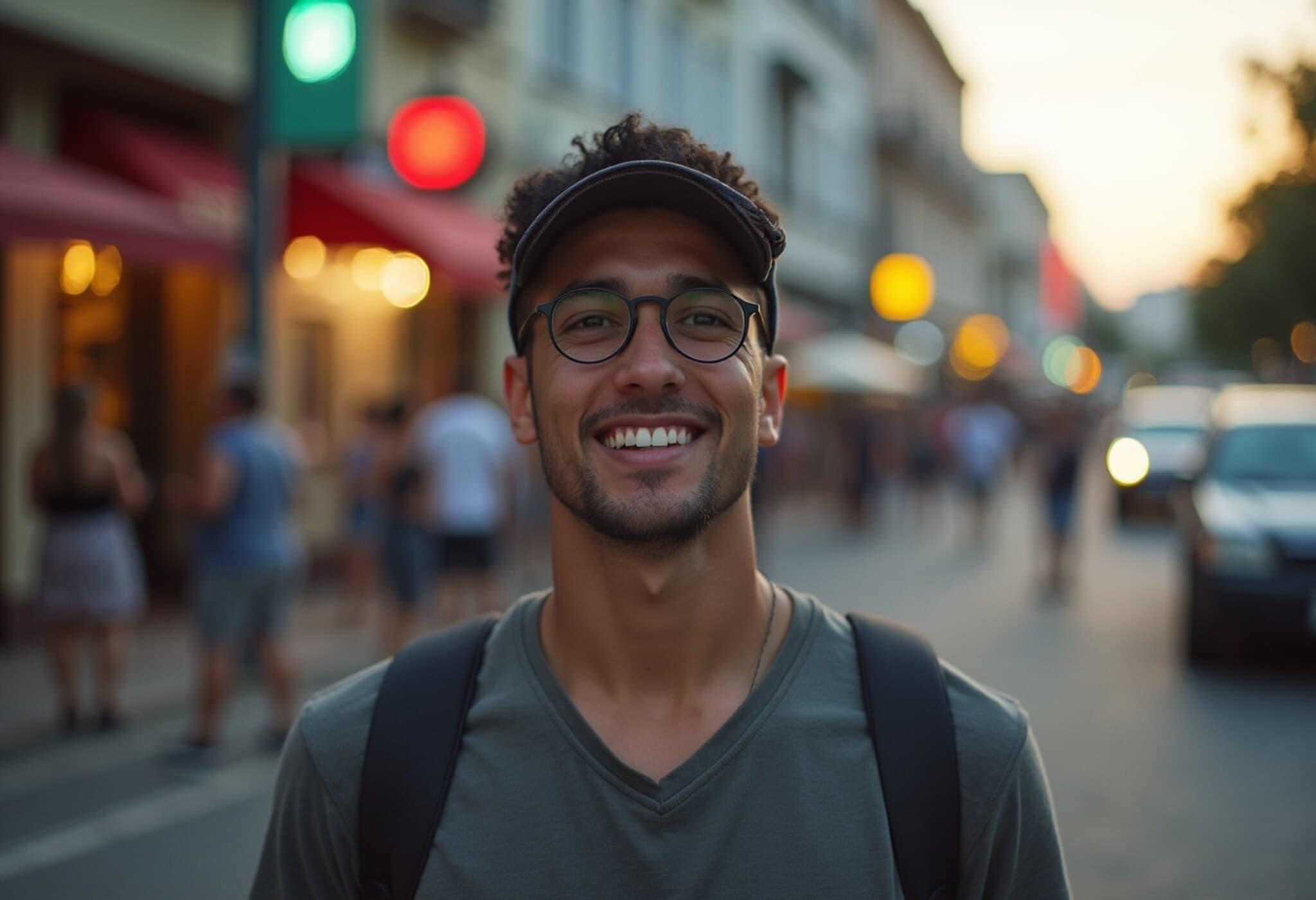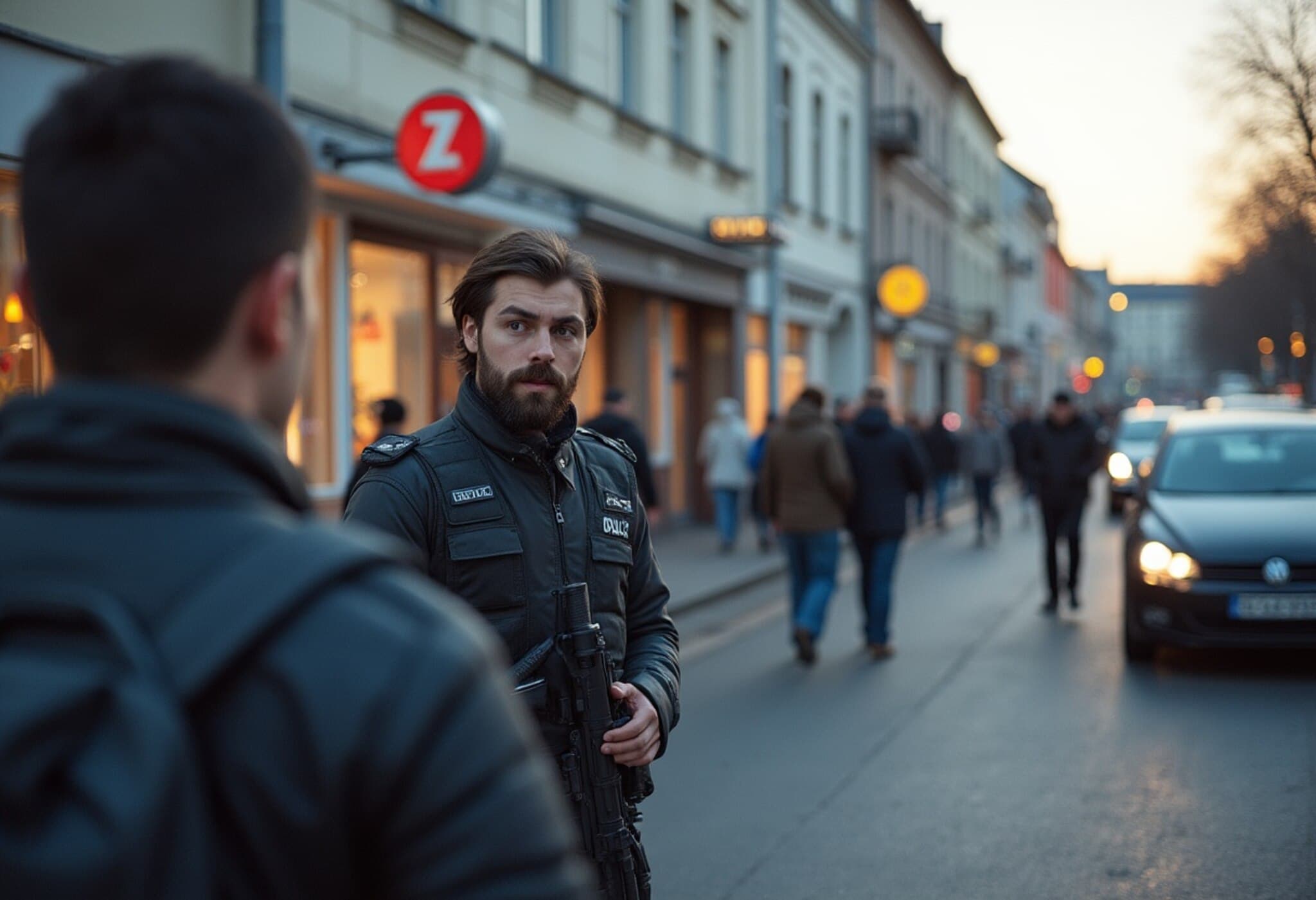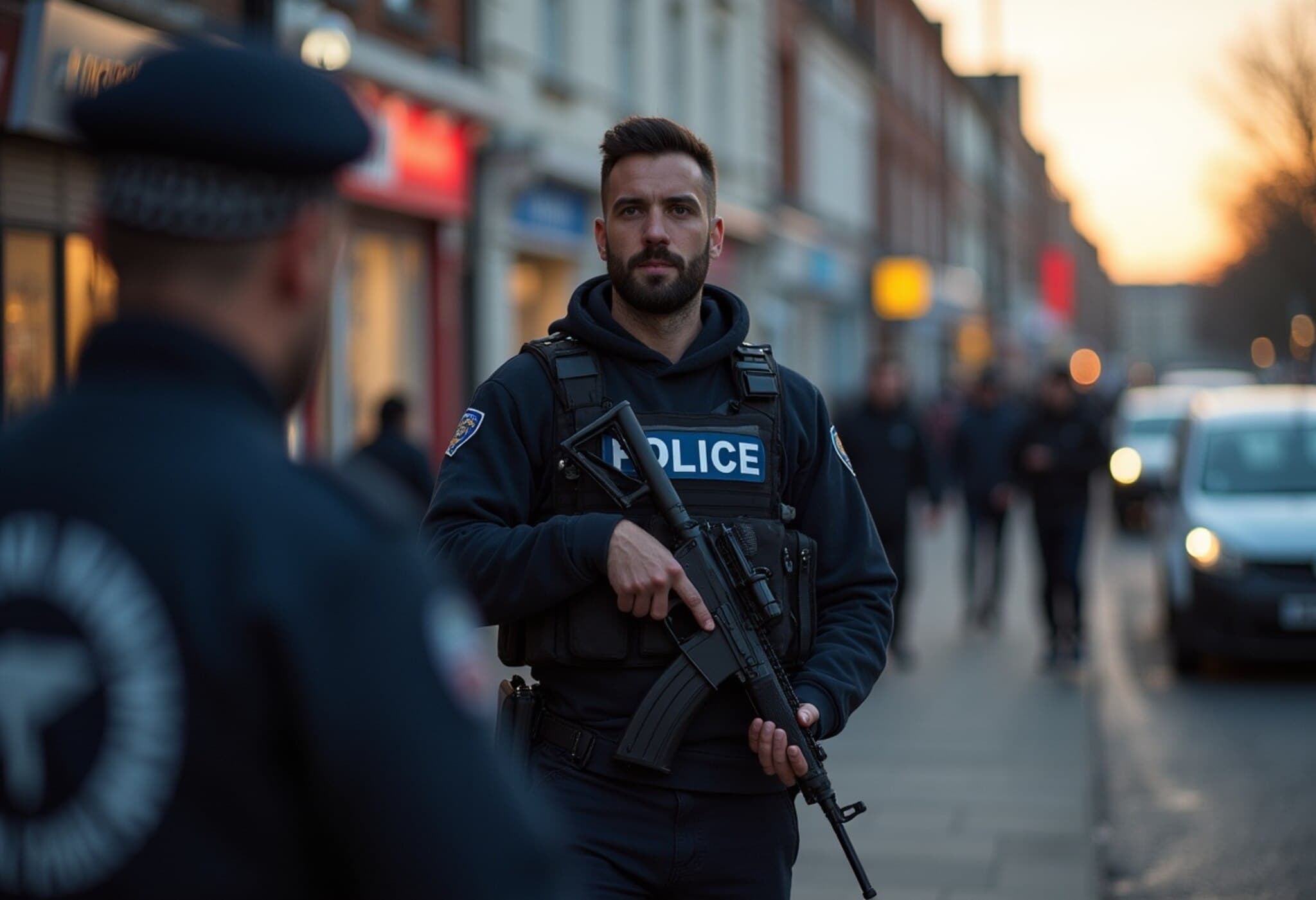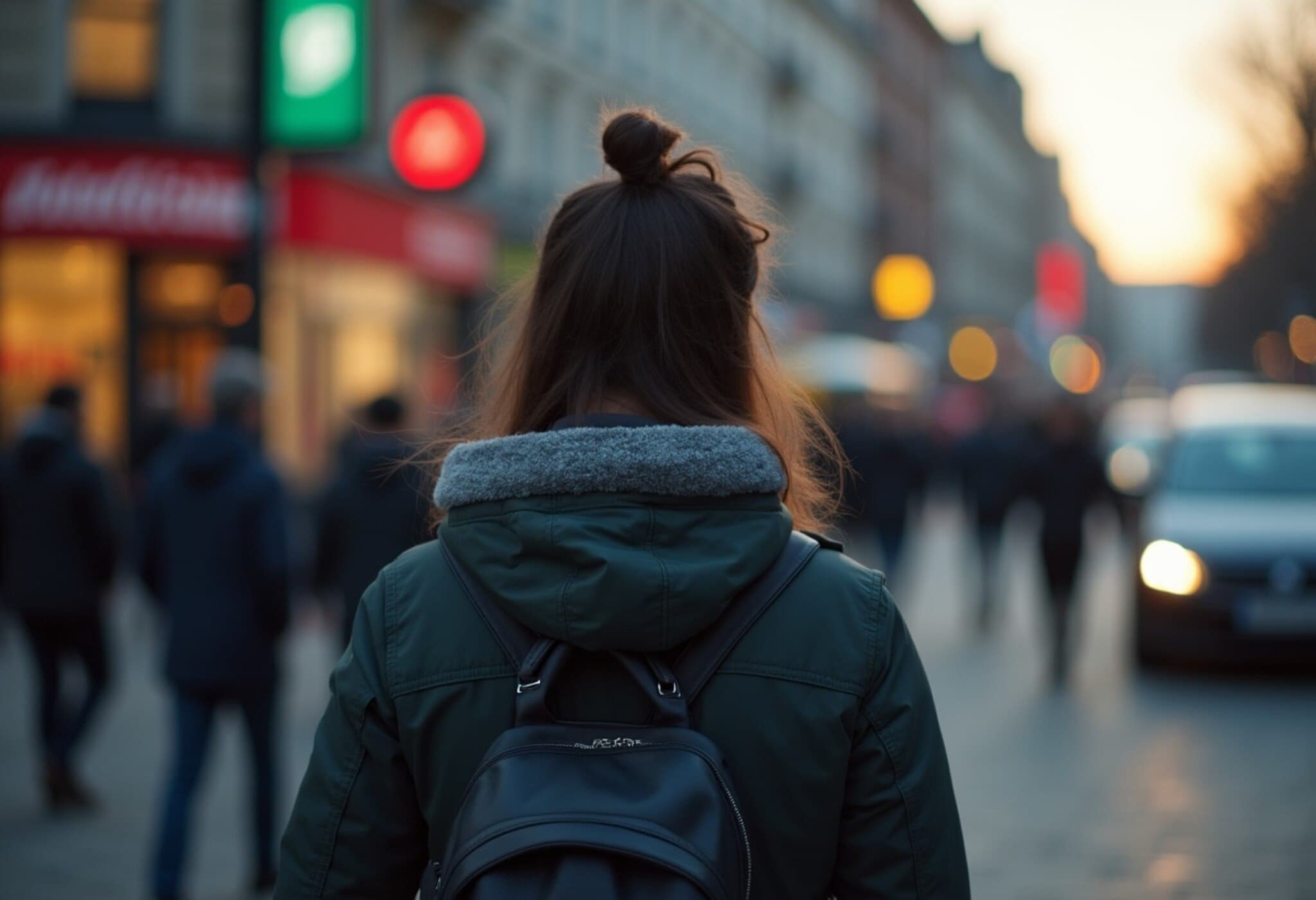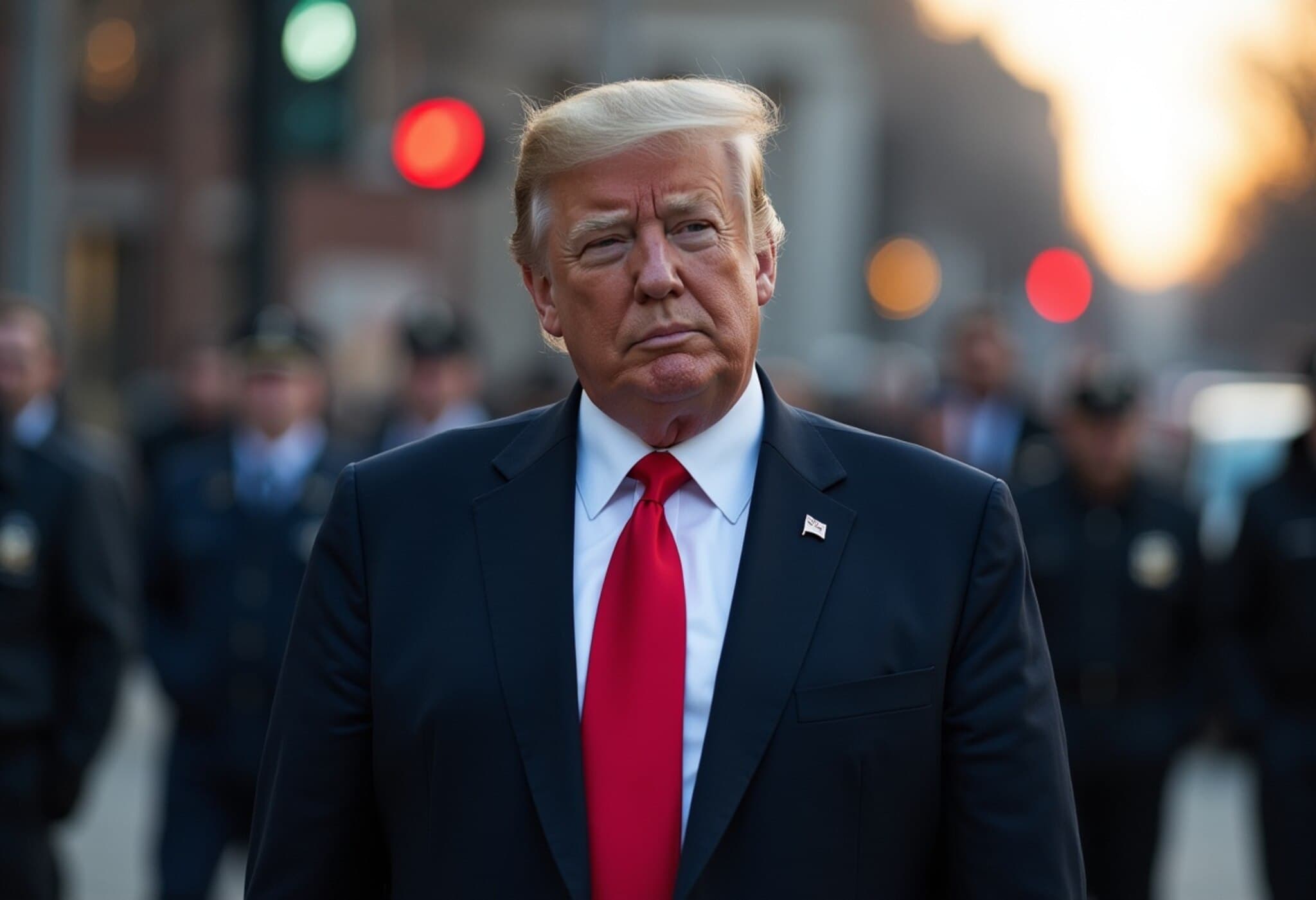Indian Man Attacked in Dublin's Fairview Park: A Concerning Incident
In a troubling development raising alarms about public safety and minority protection in Ireland's capital, an Indian national was violently assaulted by a group of teenagers in Fairview Park, Dublin. The attack, occurring late Sunday afternoon around 5:30 pm, left the victim with serious injuries requiring eight stitches and prompted him to make immediate plans to return to India.
Details of the Assault
The victim recounted the harrowing experience during an interview with Irish news outlet The Journal. While walking home from the park, he was suddenly targeted by three teenagers. One attacker, who was riding an electric scooter, kicked him in the stomach. When the victim attempted to walk away, two others joined in, striking and kicking him relentlessly. The assault escalated when one assailant struck him above the eye with a metal water bottle. Shockingly, although several bystanders witnessed the attack, intervention was minimal until two other teenagers stepped forward to help the victim and promptly contacted the police.
Police Response and Investigation
Authorities confirmed the case remains under active investigation. Meanwhile, the victim received urgent medical treatment for his injuries, including eight stitches at a local hospital. This violent episode has stirred not only the Indian community but also a broader conversation in Ireland regarding safety for minority residents and the societal undercurrents fueling such attacks.
National Leadership Addresses Racism Concerns
President Michael D. Higgins publicly condemned the recent surge of assaults reportedly linked to racial motivations. In a heartfelt statement released on Tuesday, Higgins described the attacks as "despicable," emphasizing the vital contributions of the Indian community to Ireland's social fabric:
“We are all mindful of the immense contribution this community has made, and continues to make, to so many aspects of Irish life. The recent attacks damage and corrode the most fundamental and enduring instincts of Irishness: those of hospitality, friendship, and care for others.”
His remarks underscore a national imperative to safeguard diversity, foster inclusion, and uphold the values of kindness and respect that have long been hallmarks of Irish identity.
Broader Context: Rising Concerns Over Racist Violence
While Ireland historically prides itself on welcoming immigrant communities, recent years have seen an unsettling rise in racially motivated incidents. Experts point to factors such as youth disenfranchisement, socioeconomic disparities, and the global rise of xenophobic rhetoric as contributing to these outbreaks of violence.
Community advocates stress the urgency of:
- Enhanced policing and swift judicial responses to hate crimes.
- Educational programs promoting cultural understanding.
- Support networks for victims of racial violence.
These measures aim to rebuild trust and ensure all residents, regardless of origin, feel safe and valued.
The Human Impact and Moving Forward
The man’s painful experience is more than a headline — it is a stark reminder of the vulnerabilities faced daily by immigrant communities striving to make a new home in Ireland. Stories like his invite us to ask difficult questions about societal tolerance, the effectiveness of community integration policies, and the responsibility of bystanders witnessing violence.
How can Ireland maintain its celebrated reputation as a welcoming nation while confronting the harsh realities that some residents face? This incident beckons policymakers, civil society, and citizens alike to reaffirm their commitment to unity and mutual respect.
Editor's Note
As Ireland grapples with these incidents, the assault on this Indian national sheds light on the persistent challenges minorities confront even in countries with strong multicultural values. It raises critical questions about law enforcement’s role, community solidarity, and educational efforts needed to combat deep-seated biases. We invite readers to reflect on how societies can better protect vulnerable residents and cultivate a truly inclusive environment that honors diversity as a source of strength.

